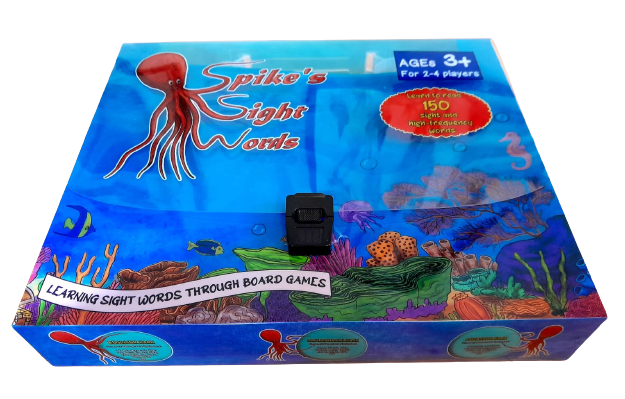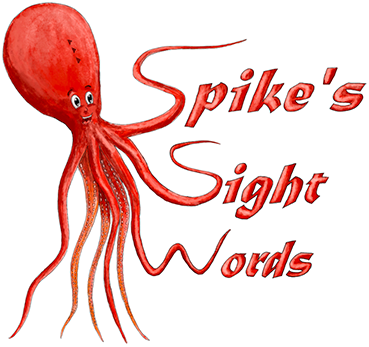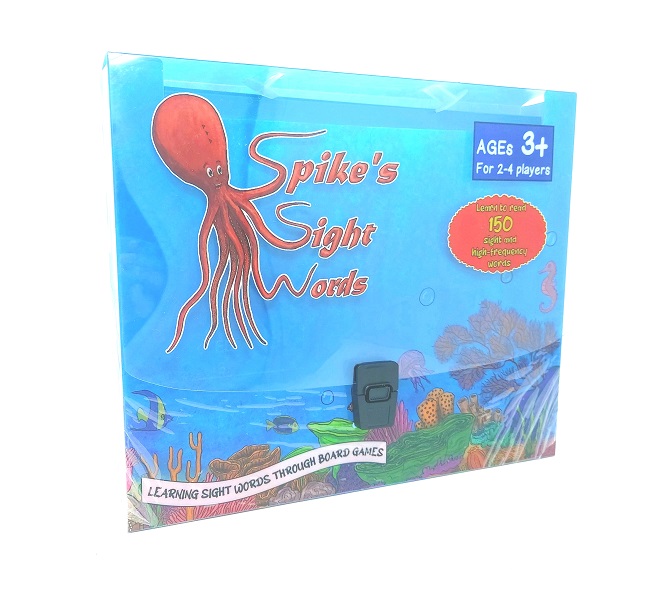
A – Autism
Children with autism have difficulties with speech, nonverbal communication, repetitive behaviors, and social skills. Autism is a developmental disorder.
B – Behavioural difficulties
A pattern of disruptive behaviors in children that persists for at least six months and creates issues at home, at school, and in social situations is known as behavioral difficulties.
C – Complex needs
A child with complex needs may be diagnosed with a particular disease, disability, or sensory impairment and require ongoing support.
D: Disorder of Development Language
A kid with development language disorder has severe, persistent problems understanding and/or using spoken language.
E-Education and Health Care Plan
When children and young adults up to the age of 25 require more support than what special education needs support can provide, they are referred to an educational needs support. The plans outline the extra help that will be provided to people in need and identify the social, health, and educational needs.
F: Freeze, Fight, Flight
This is a stress-related subliminal reaction to danger. This reaction may be induced more readily and frequently in young people who are under stress than in their peers.
G – Graduated approach
When activities are evaluated for a student’s needs and the support needed to help them attain positive outcomes, this is known as a graduate approach in special education.
H – Hearing Impairments
Hearing impairments refers to someone who has hearing loss and may need help during education.
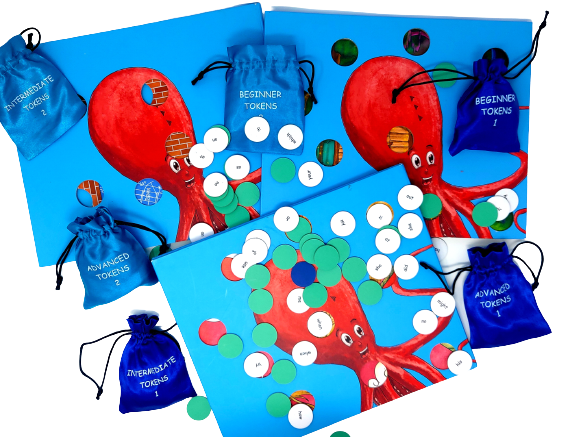
I: Individual Education Plan
An individual education plan is a written record that assists educators in making plans, carrying out lessons, and evaluating the progress of your kid.
J: Joint Qualifications Council (JCQ)
To obtain test access options, including extra time, for their pupils, schools must apply through the JCQ.
K: Kinaesthetic Education
Some kids benefit from a particular method of learning called kinaesthetic learning. Performing exercises is needed for this, as opposed to only observing or listening to demonstrations.
L – Learning Difficulties
Learning difficulties, in which kids have trouble understanding concepts and abilities appropriate for their age, are typically caused by mental illness or cognitive disorders.
M: Moderate challenges with learning
Children with moderate learning impairments have trouble understanding fundamental ideas such basic writing, reading, and arithmetic skills.
N: Neurodiversity
Conditions include dyslexia, dyspraxia, ADHD, and autism.
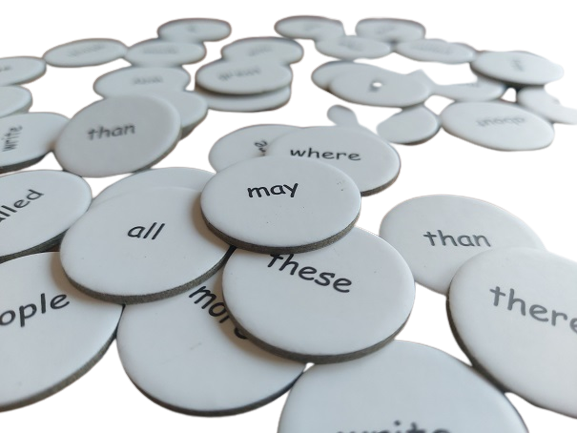
O: Oppositional Defiant Disorder
Patterns of resentment, agitation, disagreement, disobedience, or vengeance directed toward you and other students or staff that are frequent and persistent.
P – PECS
Teachers can utilise the picture exchange communication method to help autistic students communicate in the classroom.
Q- Quest
Finding the correct resources to help your students is a quest in itself. Luckily, our educational board games are proving to be excellent resources for SEN children.
R: Receptive language
Where kids could find it difficult to communicate with their teachers or other students. speaks of the way in which kids comprehend the language.
S – Safe Guarding
Interventions implemented to prevent child abuse and maltreatment.
T: Team Instruction
Staff members who receive “positive handling” training are more able to assist children who exhibit challenging behaviour.
U – Umbrella term
Learning disabilities as well as developmental or physical disorders are all included under the general term “special educational needs.”
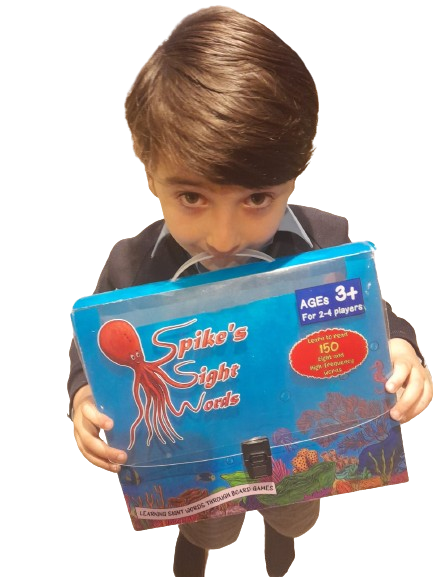
V- Vestibular System
Refers to inner ear components that are responsible for tracking head movements and position changes. Certain vestibular seeking behaviours include constant spinning, sprinting, pacing, and fidgeting.
W – WheelChair
Wheelchairs may be necessary for certain youngsters owing to disabilities; it’s crucial that they are utilised properly.
X – Xenolalia – Ok so there aren’t many SEN words than begin with a X. Infact, as we all know there aren’t many words in English that even begin with the letter! But not wanting to disappoint – we’ve given you this word which is slightly related as it means ‘The ability to speak in a language which the individual has not learned.’
Y: Young person
Since many of the young SEN children you work with may not be aware of what may be wrong with them, you must be able to communicate with them and understand their needs.
Z: Zone of Proximal Development
Depending on their peers, a youngster may need direction in some situations. They may also need help in certain situations.
